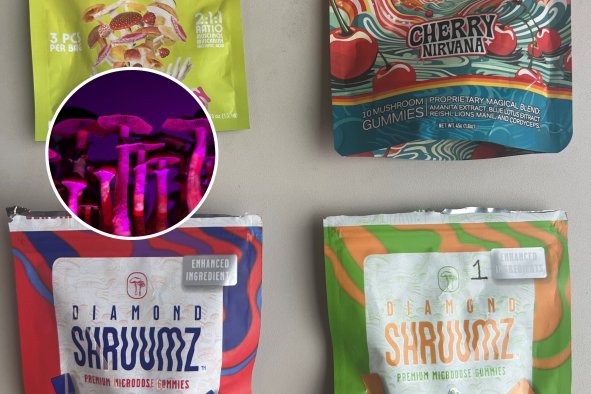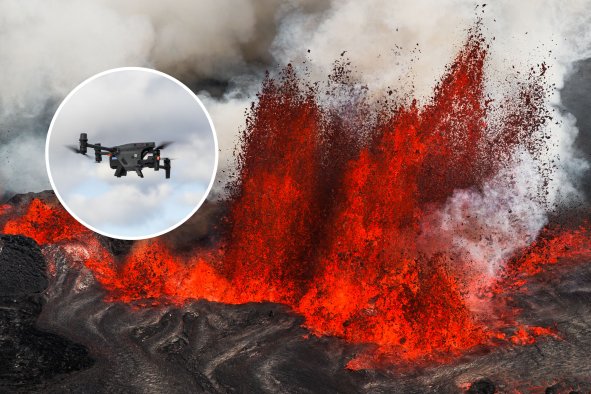U.S. cases of COVID-19 are on the rise following a springtime lull in infections. But what is the reason behind this spike, and should you be concerned?
Across the U.S., there has been a significant uptick in wastewater levels of SARS-CoV-2, particularly in the West, according to surveillance by the U.S. Centers for Disease Control and Prevention (CDC). This has been matched by a similar increase in COVID test positivity, with an 11 percent increase in the first week of July alone.
As of July 6, nearly two-thirds of cases were attributable to the new FLiRT subvariants, which rose to dominance in the first few months of 2024. These new variants, known as KP.2 and KP.3, are more infectious than previous strains because of the small number of mutations in their spike proteins, which allow them to evade our immune systems.
However, unlike many other respiratory viruses, like influenza, which peak only in the winter, we have consistently seen summer spikes in SARS-CoV-2 infections, with the exception of summer 2020, when social distancing measures were still in place.
There are several potential reasons for this biannual pattern. The first is that the SARS-CoV-2 virus is continually evolving, and new dominant variants, like KP.2 and KP.3, emerge every six months or so. Because our immune systems are less effective at recognizing these new variants, the virus can more easily spread, resulting in an increase in positive cases.
Human behavior is also a key driver of these summer spikes. While we tend to associate summer with spending time outdoors, it's easy to forget about all the time we spend inside for the air conditioning. And many people may be exposed to the virus in an airplane cabin on their way to a summer vacation destination.
"We know that nearly all [COVID] transmission happens indoors, in places with poor ventilation and/or poor filtration," Joseph Allen, an associate professor at the Harvard T.H. Chan School of Public Health and director of the Harvard Healthy Buildings Program, told Scientific American.
So should we be concerned by the rise in cases?
While there has been a slight increase in emergency department visits, hospitalizations and deaths due to COVID-19 still remain low. From what we have seen so far, most adults infected with the new FLiRT subvariants experience flu-like symptoms that disappear after a couple of days.
However, for the more vulnerable members of society, this new variant may still pose a risk of serious illness.
"For vulnerable people—that is, those who are elderly or have underlying health issues—they should ensure that they are up to date with their booster shots against COVID-19 and start wearing an N95/P2 face mask when on public transport or shopping, etcetera," Adrian Esterman, an epidemiologist and professor of biostatistics at the University of South Australia, previously told Newsweek.
"They should also have a plan in place with their family practice to make sure they have quick access to antivirals," Esterman said.
More generally, the CDC recommends the following precautions:
- Practice good hygiene (washing hands, etc.).
- Ensure areas are ventilated and AC filters are on (if applicable).
- Stay at home if you have respiratory symptoms.
- Stay up to date with vaccinations.
Do you have a tip on a health story that Newsweek should be covering? Do you have a question about COVID-19? Let us know via science@newsweek.com.
Disclaimer: The copyright of this article belongs to the original author. Reposting this article is solely for the purpose of information dissemination and does not constitute any investment advice. If there is any infringement, please contact us immediately. We will make corrections or deletions as necessary. Thank you.



